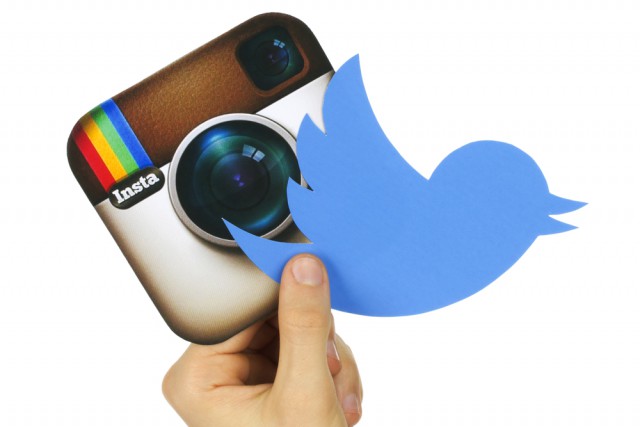
Instagram is taking advantage of Twitter's weakness
A new report on the global state of social media confirms what everyone’s been talking about lately -- Twitter is struggling and Instagram is taking full advantage of it.
The report, entitled simply "Social", is the product of GlobalWebIndex, and it is a compilation of the latest trends in social networking.
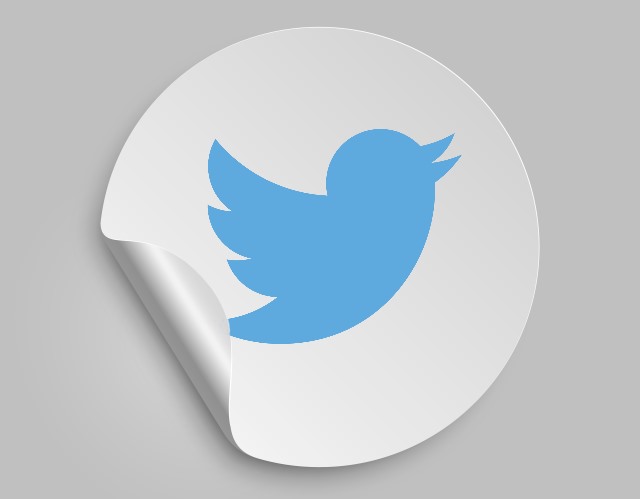
Stickers, Stamptags, Taptags or Stickits... Twitter is testing a new image editing tool
Sometimes sharing a plain old image just isn't enough. Sometimes you might feel the need to adorn an otherwise dull image with clipart-style graphics. Sound like you? If so you're going to love the sound of a new image tool Twitter is testing... if not, brace yourself for an influx of irritation in you timeline.
Currently being referred to as Stickers (sound familiar?) -- although names including Stamptags, Taptags or Stickits are also in the running -- the tool is undergoing testing with a select group of tweeters. It allows users to add graphic overlays to photos and also introduces some extra social features in a bid to stand out from other tools available elsewhere. Meme creator, anyone?
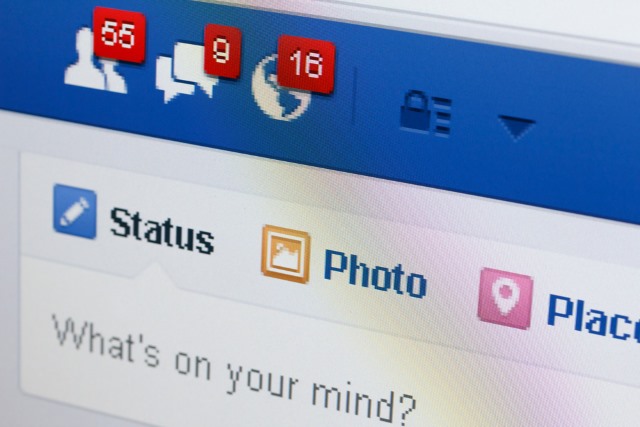
Want the best customer support? Use Facebook
Facebook is the number one channel for people looking to get answers from retailers’ customer service in the UK, a new study shows.
According to the Eptica Multichannel Customer Experience study, Facebook is the channel through which retail customer service answers most frequently and most accurately, followed by email. Twitter came in third, with pretty poor results.
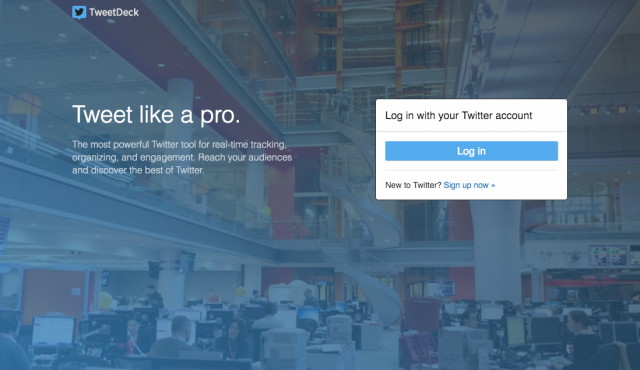
Twitter drops TweetDeck for Windows, but Mac version is safe
Even though TweetDeck is one of the most powerful and beloved Twitter clients for Windows, the social network has announced that it will soon drop support for the program, leaving fans with just the web app at their disposal. However, the Mac version of TweetDeck is not affected, remaining in the lineup for the foreseeable future.
Twitter has not exactly provided a reason why it is pulling TweetDeck for Windows, only saying that this is being done "to better focus on enhancing [users'] TweetDeck experience". However, the fact that it just launched a new version of Twitter for Windows 10 likely plays a role in its decision.
Twitter sneakily enables new algorithmic feed -- here's how to disable it
Twitter is forever tinkering with timelines, and it's not all that long ago that the #RIPTwitter hashtag was trending after it was suggested that a new algorithm-powered timeline was to be introduced. Twitter users lashed out and Jack Dorsey stepped into the fray to try to allay fears.
A month ago Dorsey said that "we never planned to reorder timelines next week". He wasn’t wrong. It's happened now instead. Gone is the sensible, logical, chronological timeline, replaced instead with an algorithmic feed that's home to tweets Twitter thinks you want to see first. It's not only been launched with little fanfare, but now it's enabled by default.
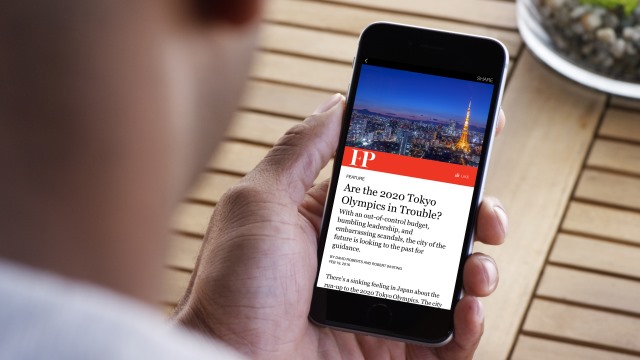
New WordPress plugin lets anyone create Facebook Instant Articles
Facebook's biggest news recently has been the global roll out of Reactions. But bubbling away in the background over recent weeks have been changes to the Instant Article program. Initially made available only to larger publishers, Facebook Instant Articles help to improve user-engagement by providing articles that load internally up to ten times faster than linking to external sites.
Facebook then announced that Instant Articles would be made available to publishers of all sizes, and today a WordPress plugin has been launched that means any blogger can take advantage of the feature. The partnership between Facebook and Automattic opens up Instant Articles to millions of users.
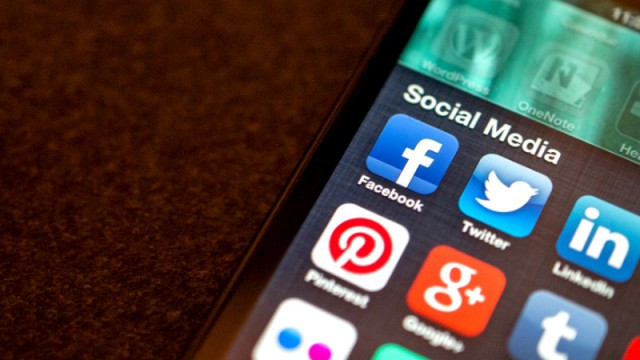
The best customer support is on social media
Email is falling behind social media channels when it comes to customer support, a new survey by Eptica suggests. The multichannel customer interaction management software provider trialled 100 "leading" UK companies, mimicking the behavior of ordinary customers by asking 10 routine questions.
It wanted to see how long it took the companies, and which channels they mostly used, to answer their customers to any questions they might be asking.

Facebook set to pay millions in UK tax
Tax restructuring at Facebook means the company is due to pay millions of pounds in tax in 2017. The social network famously paid just £4,327 in corporation tax in 2014, but this bill is about to get much larger as advertising revenue is set to be routed through the UK rather than the tax haven of Ireland. A wide-scaled restructuring means advertising sales will now be booked in Britain and subject to UK tax.
Tech companies such as Amazon, eBay and Google have been criticized for their use of tax avoidance schemes, although Google recently agreed to pay back £130 million in tax. Not everyone was happy with Google's 'sweetheart' deal and there has been increased pressure on other companies to pay their fair share.

Fake profiles on social media could become illegal
Facebook has faced a great deal of criticism over its real names policy, and a number of people have fallen foul of the rule that prevents users from assuming a pseudonym. UK law enforcement agencies are looking for ways to tackle the problem of online abuse perpetrated by trolls.
Among the suggestions put forward by the Crown Prosecution Service is that people who use fake social media accounts to harass and abuse others should be prosecuted. The proposals would normally only apply to adults, but children could be hit by the legislation in certain circumstances as well.

Twitter to help UK prosecutors fight revenge porn and online abuse
Twitter has long-battled trolls and after launching various tools to help combat abuse, the social network is lending its support to the Crown Prosecution Service (CPS) in the UK. The social network is to work with prosecutors to provide training that will help the CPS to fight revenge porn, stalking and other forms of online abuse.
The move comes after a marked increase in the use of social media to perpetrate attacks on individuals, particularly women. But while levels of technical nous have generally increased, legal services have been slow to keep up with the latest changes. With new guidelines set to be published covering the persecution of women through social media, prosecutors are ready to call on Twitter's experience.
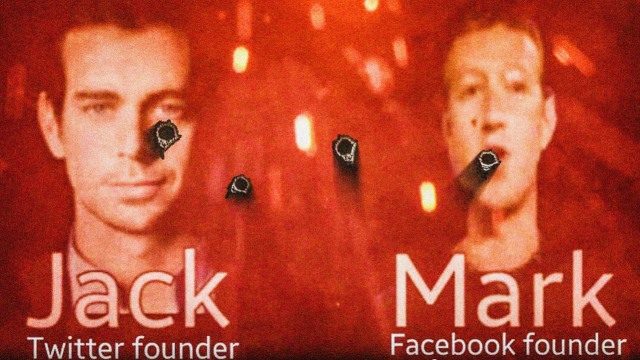
ISIS threatens Dorsey and Zuckerberg for closing terrorist Twitter and Facebook accounts
ISIS is many things including being a master manipulator of the media and an expert at utilizing social media. Facebook and Twitter have been key tools in the group's propaganda dissemination, and the social networks have reacted by closing down accounts whack-a-mole style.
Now Islamic State has released a video in response to the censorship. It depicts Facebook CEO Mark Zuckerberg, and Twitter CEO Jack Dorsey riddled with bullets as "the sons of the Caliphate army" threaten to fight back against account closures.

Facebook has missed a trick or two with its limited Reactions
After years of pestering, yesterday Facebook finally supplemented the famous Like button with five additional Reactions. To the disappointment of many, the much-requested Dislike button is yet to make an appearance, but this is not the only way in which the social network has let people down.
Advertisers, page owners, and the general Facebook hoi polloi now have at their disposal six reactions that serve little useful purpose. Sure, it gives users the opportunity to express a slightly wider range of emotion, but the range is far too limited. Additionally, Facebook has let down its paying users more seriously -- it fails to register the meaning and intent behind the different reactions, rendering the six options almost pointless.
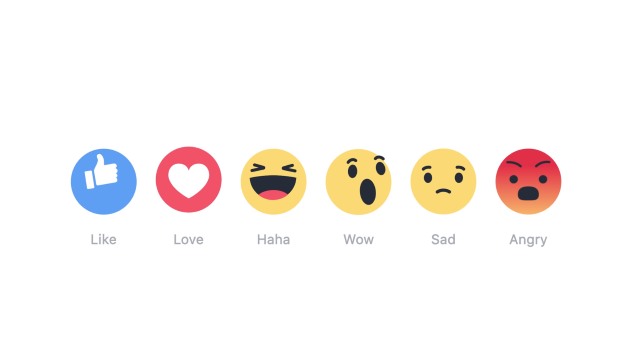
Like! Facebook Reactions launch around the world
Facebook is, at long, long last, rolling out Reactions globally. The limitations of the famous Like button which have been debated since its introduction are set to become a thing of the past at the social network. Like is now joined by Love, Haha, Wow, Sad, and Angry options.
As we reported earlier in the year, the 'yay' option that had been tested is not being released at this stage -- apparently users found it difficult to interpret what it means. Reactions do not work exactly as you might expect them to, and this means you might need to be careful about how you use them to start with.
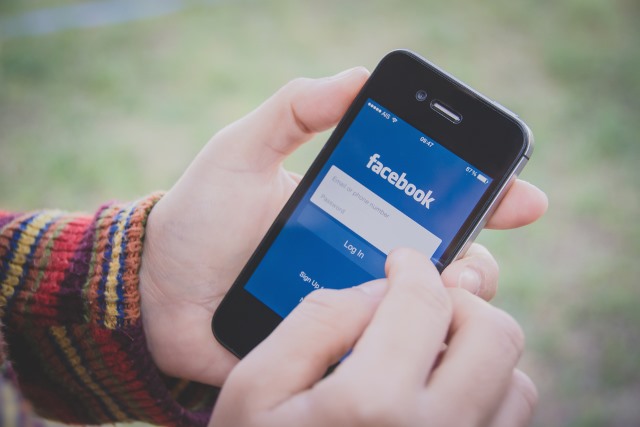
Facebook launches Suicide Prevention tool in the UK
Facebook has teamed up with charity the Samaritans to bring its Suicide Prevention tool to the UK. It's the same tool that was launched in the US a little over a year ago, and it gives users the opportunity to report content they feel might be indicative of someone struggling with suicidal thoughts.
While Facebook itself is not involved in seeking out suicide-related posts, it has a team in place ready to handle any content that is reported. The team is able to analyze and prioritize cases, and reach out to individuals to see what sort of support can be offered -- this might be as simple as having a chat, or it could involve a referral to specialist organizations.
Twitter makes it easier to annoy your followers with GIFs
GIFs are, sadly, here to stay. We've come a (relatively) long way since the days of animated GIF adverts that adorned countless web pages through the 90s, but the animated image format is still highly divisive -- and I'm not just talking about whether it is pronounced with a hard or soft G sound.
Some people loathe GIFs with a passion that knows no bounds, while for others they are the perfect means of communication. If you fall into the latter camp, Twitter has some good news for you -- a 'GIF search' button is making its way to the web, as well as the iOS and Android apps.
